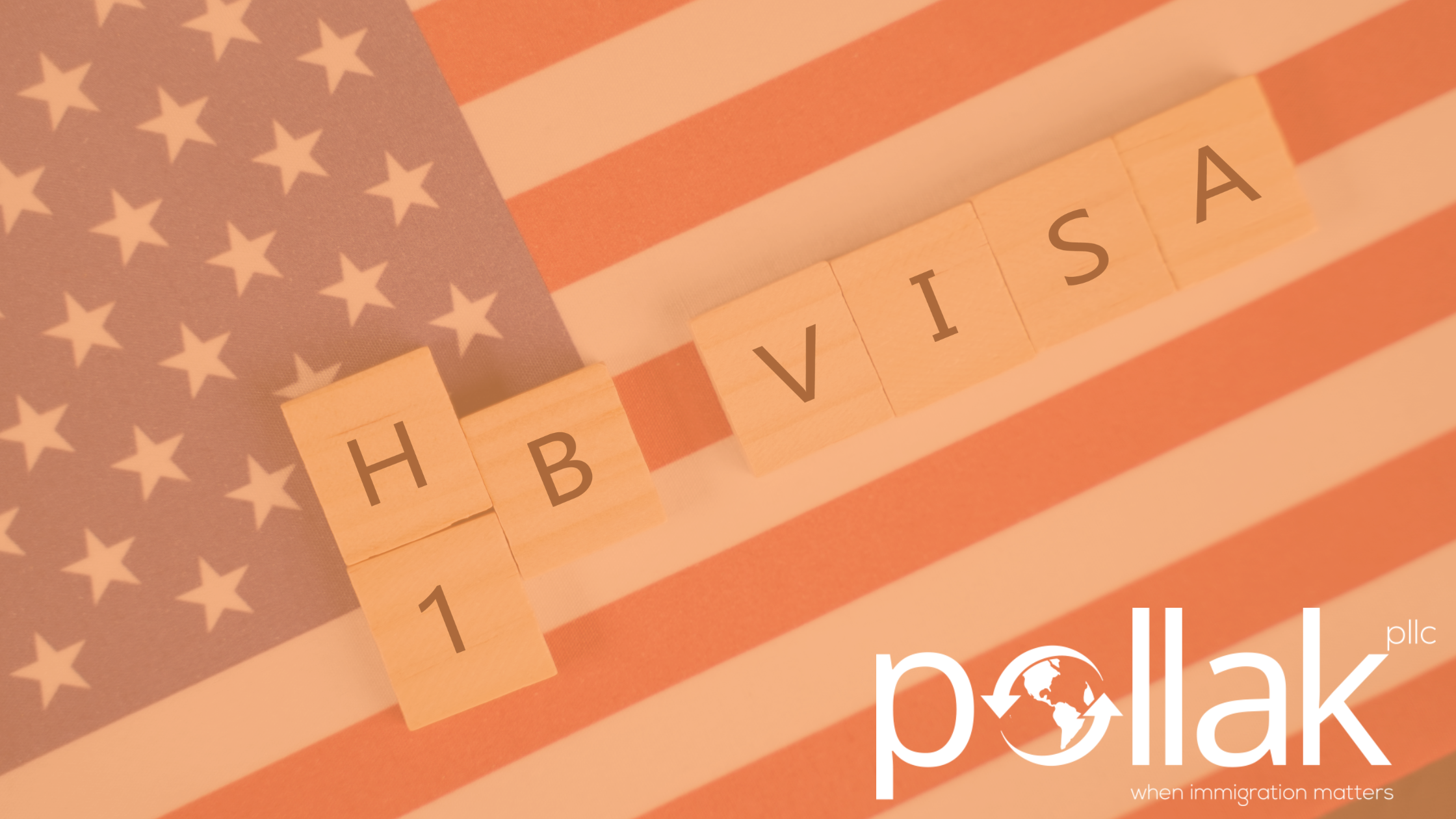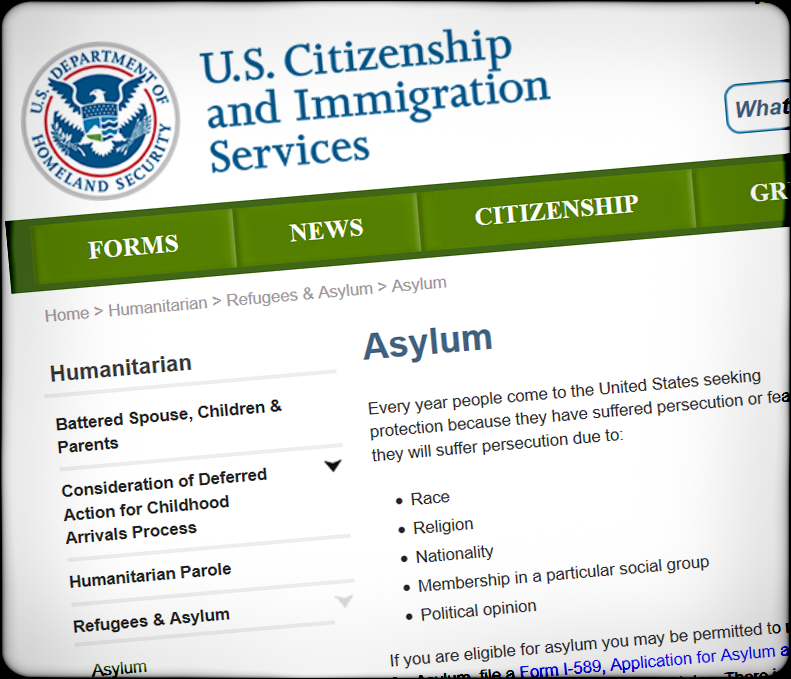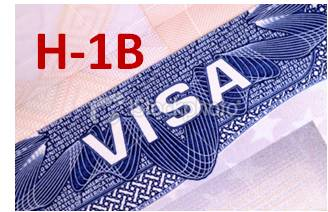On September 19, 2025, a presidential proclamation introduced sweeping changes to the H‑1B work visa program. One of its most prominent features: any new H‑1B petition filed after 12:01 a.m. Eastern, September 21, 2025, for workers outside the U.S., must include a one‑time payment of $100,000.
This fee does not apply to petitions filed or approved before that date.It also appears that extensions, changes of employer, change of status, or renewals for those already inside the U.S. are not subject to the new payment.
Other directed reforms include:
- Raising prevailing wage levels so employers must offer higher salaries.
- Prioritizing higher‑paid or more highly skilled applicants in the H‑1B lottery or selection process.
What Those Changes Mean and What You Can Do
These changes shift financial and strategic burdens. Employers sponsoring H‑1B visas for foreign workers abroad will face a significantly higher cost. For many applicants, that might reduce the number of employers willing or able to file new petitions. For roles that historically offered wages near prevailing minimums, those may no longer pass muster under revised wage rules.
That said, there are exceptions. The Secretary of Homeland Security has the power to grant national interest exemptions to individuals, companies, or even whole industries, if hiring in those cases is deemed to serve U.S. interests.
Given this, here are some concrete steps prospective applicants (or their employers) should consider:
- Assess timing carefully. If the worker is outside the U.S. and the petition hasn’t yet been filed, delays could trigger the new fee requirement. Petitions filed before 12:01 a.m. on September 21 avoid the $100,000 fee.
- Evaluate whether a national interest exemption could apply. If the job or employer provides services that are especially critical (e.g., research, public health, infrastructure), documentation that demonstrates the public benefit could help.
- Also, look at alternative visa pathways. For individuals with outstanding credentials, other employment‑based visas (such as O‑1, EB‑1) might offer more predictable routes, especially if the H‑1B option becomes cost‑prohibitive.
- Plan wage offers more aggressively. Because prevailing wages will be raised, offering higher salaries and ensuring job descriptions reflect higher skill/education/experience will help petitions clear wage‑based review.
- Stay updated. The Departments of Labor and Homeland Security are now tasked with rulemaking, which means there will be public comment periods and drafts. Changes will evolve.
Looking Ahead with Cautious Optimism
Though these changes bring real challenges, there are reasons for hope. Regulatory reforms of this scale often invite legal review and implementation hurdles. Some of the new rules may be adjusted or clarified through subsequent guidance or court decisions. Also, the national interest exemption provides a potential safety valve for critical roles.
For applicants who prepare early, articulate value clearly, and align with likely priorities (high wage, high skill, public benefit), the new environment may favor those who can show exceptional merit. Employers who anticipate the cost and plan compensation and strategy accordingly may still compete successfully in the H‑1B system.
If you’re unsure how these changes affect your petition, or whether you still have a path forward, don’t guess. Clear legal strategy matters more now than ever. Pollak PLLC can help you assess risk, identify viable options, and move fast when timing matters. Call (214) 305‑2266 to schedule a consultation.




